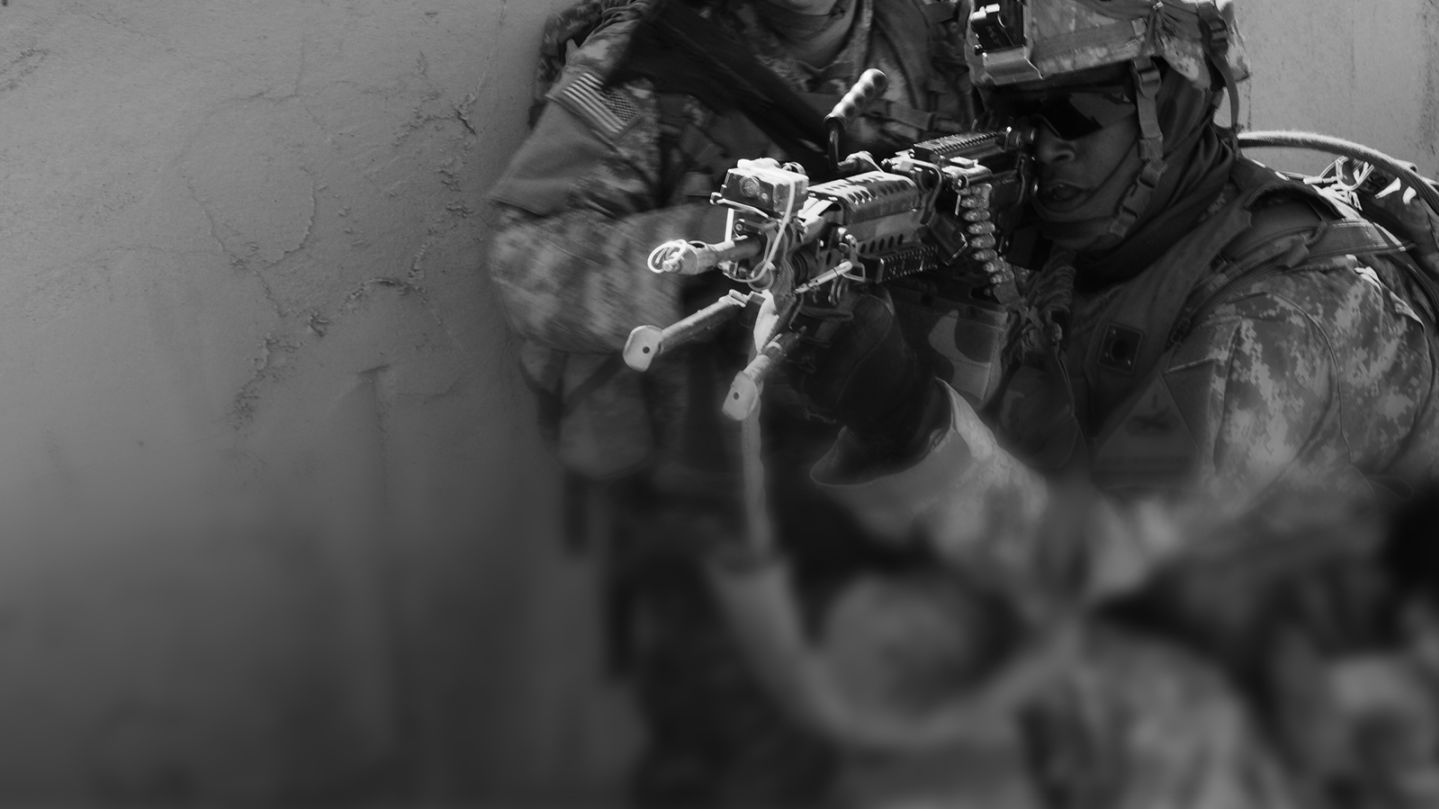Story highlights
Turkey has expressed an intent to launch an operation in Manbij after Afrin
The Pentagon didn't answer questions about the future of US troops in Manbij
Hundreds of US troops risk being caught up in Turkey’s military push into northern Syria as Turkish officials pledge to move into Manbij, Syria, an area where US troops have worked with local anti-ISIS forces for nearly a year.
The Pentagon would not answer questions Thursday about the future of US troops deployed to the key flashpoint in Syria amid demands by Turkish officials that American forces withdraw to allow for a Turkish military incursion against US-backed Kurdish forces there.
“They’ll stay or they’ll go. Don’t know what the answer will be,” the director of the US military’s joint staff, Lt. Gen. Kenneth “Frank” McKenzie, told reporters Thursday at the Pentagon, calling it “a policy decision.”
The situation became even less clear after US and Turkish officials offered differing accounts of a Wednesday phone call between US President Donald Trump and Turkey’s President Recep Tayyip Erdogan.
According to the White House’s readout of the call, Trump “urged Turkey to exercise caution and to avoid any actions that might risk conflict between Turkish and American forces.”
However, the White House version of the call was immediately disputed by Turkish officials.
Turkey’s foreign minister told reporters Thursday that Erdogan had asked Trump to withdraw US troops from Manbij.
“We are of course aware of the statements made this morning. The US is engaged with the Turkish government at all levels to develop a solution which addresses Turkey’s security concerns and ensures there is no decrease in pressure on ISIS,” Pentagon spokesman Eric Pahon told CNN.
“We do not discuss future military actions or plans. We are urging Turkey to de-escalate, exercise caution and avoid any actions that might risk conflict between Turkish and American forces,” he added.
McKenzie said the US forces would protect themselves no matter what.
“I would tell you that wherever US troops are, they’re going to be able to defend themselves, and we coordinate very closely with the Turks on that,” McKenzie said.
“They know where our forces are, there’s no mystery about where they’re going to be,” he added.
Two US defense officials told CNN last week that the US military continues to carry out overt patrols in the Manbij area, with the primary mission of deterring conflict.
The officials added that Turkish-backed rebels in the area regularly fire on these patrols and US forces occasionally return fire. One military official said US troops in the Manbij area had come under fire from Turkish-backed rebels “within the last week,” returning fire in self-defense.
Turkish artillery has fired strikes and Turkish warplanes have bombed Kurdish positions in Afrin, an area in northwestern Syria that borders Turkey.
The US does not back Kurdish fighters in Afrin but does support Kurdish elements of the Syrian Democratic Forces, which operate in northeastern Syria. Turkey sees both groups as linked to Kurdish separatists who have fought a decade-long insurgency against the Turkish government.
Turkish officials have expressed their intent to launch a similar operation in Manbij following the completion of their offensive in Afrin.
“Manbij will follow,” Erdogan told members of his ruling party in Kutahya, Turkey, on Saturday.
Two US military officials told CNN on Thursday that US forces in the Manbij area had observed no Turkish military strikes or operations.
“We have not seen any indication that Turkish forces, at this point, are moving toward Manbij,” Pahon told CNN.
While acknowledging Turkey’s “legitimate security concerns,” Pentagon spokesperson Dana White told reporters that the Turkish operation in Afrin was undermining the fight against ISIS, calling it “a distraction.”
“We have to focus as allies on the mission at hand, and that’s defeating ISIS,” White said.
McKenzie said there was no evidence of US-backed Kurdish fighters in eastern Syria traveling to Afrin to fight the Turkish operation but acknowledged that there was a risk of such a scenario playing out.
“Any reasonable person could suspect there’s pressure rising for that, and we’ll watch that closely and that is a dangerous thing, and we need to keep our focus on why we’re there, which is the defeat of ISIS,” he said.
But Pentagon officials stressed that the US would continue to talk to Turkey, with McKenzie saying the Turkish military had informed the US prior to its operation targeting Kurdish militias in Afrin.
“We will continue to talk to Turkey. We ask that Turkey de-escalate. But again, the focus, the priority for us, is to defeat ISIS,” White said.











